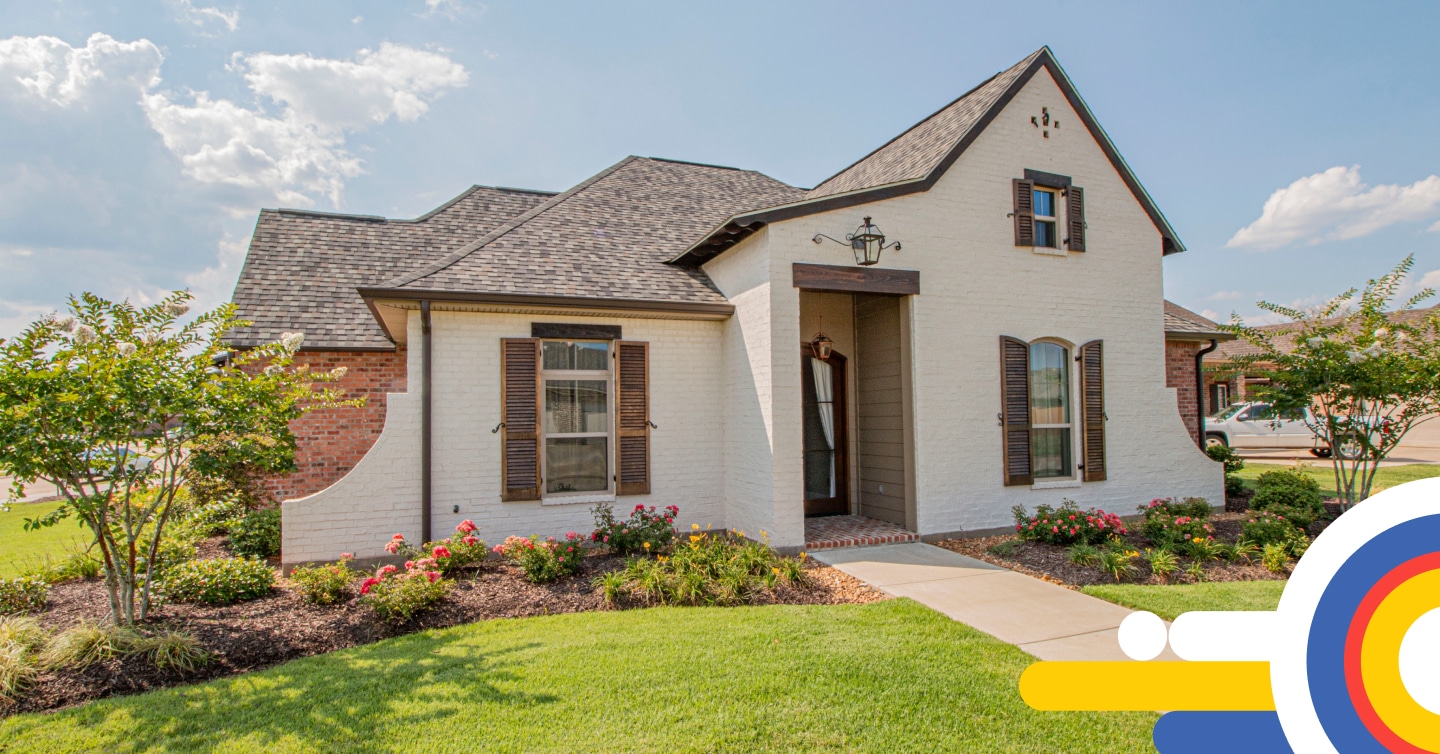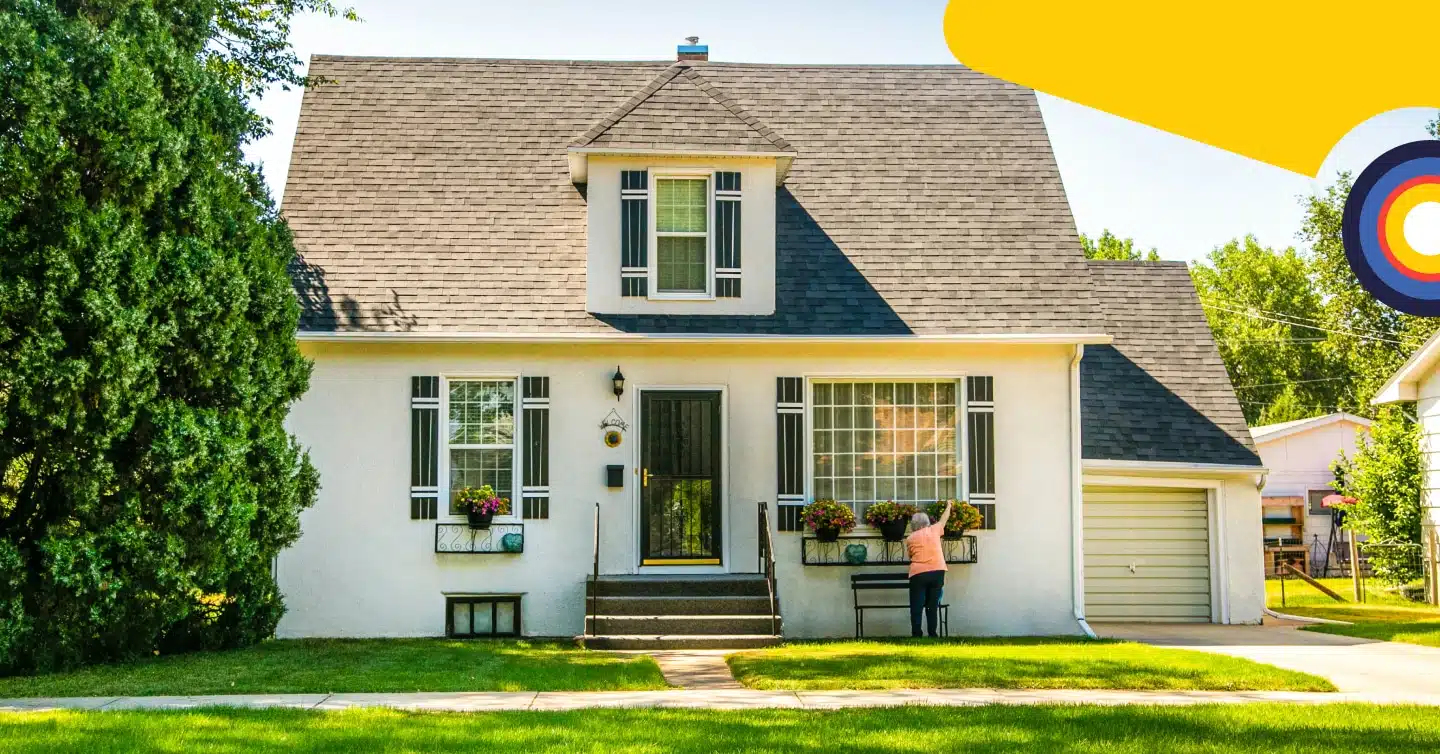What Is a Foreclosure?

Table of contents
Foreclosure is a legal process in which a lender takes legal action to reclaim a property due to unpaid mortgage payments. In Canada, foreclosure laws and procedures vary by province, making it essential for homeowners to understand their rights and options.
Whether you’re facing financial difficulties or simply want to be prepared, knowing how foreclosure works and how to avoid it can help protect your home and financial stability. This guide provides a comprehensive look at foreclosure in Canada, from the different types of processes to practical strategies for navigating or preventing it altogether.
Key Takeaways
- Foreclosure occurs when a lender takes legal action to recover a property due to unpaid mortgage payments.
- Canada has two main foreclosure types: judicial foreclosure and power of sale, with rules varying by province.
- Avoiding foreclosure is possible through negotiation, refinancing, or selling the property.
What Is a Foreclosure?
Foreclosure is a legal process initiated by a lender when a homeowner fails to meet their mortgage payment obligations. When you have a mortgage on your home, lenders put a lien on the title, which allows them to repossess the property if you fail to meet your repayment obligations. This allows the lender to sell the property to recover as much outstanding debt as possible.
In Canada, foreclosure laws differ across provinces, affecting the timelines and steps involved in the process. Understanding these nuances is critical for homeowners who want to protect their assets and financial stability. While foreclosure is rare and typically a last resort for lenders, it can have severe consequences, including the loss of your home and a significant impact on your credit score.
How Foreclosure Works in Canada
The foreclosure process varies depending on the province and type of process used, but it typically involves the following steps:
- Missed Mortgage Payments: After missing several mortgage payments, the lender sends a notice of default, warning the borrower of potential legal action. At this stage, the lender may help you resolve the issue and get your mortgage back on track through repayment plans or a forbearance agreement.
- Demand Letter: If payments are not made, the lender issues a demand letter specifying the amount owed and the repayment deadline.
- Legal Proceedings: Depending on the province, the lender may initiate judicial foreclosure or use the power of sale process to recover their capital.
- Sale or Auction: The property is sold to recover the mortgage balance through a court-ordered sale or auction.
Home buying without the stress.
Start your mortgage application today
Types of Foreclosures in Canada
Depending on the province in which you reside, the foreclosure process will either be a power of sale or judicial foreclosure. Judicial sales are used in Quebec, Alberta, Nova Scotia, Manitoba, Saskatchewan, British Columbia, Yukon, Northwest Territories and Nunavut. Power or sales are used in Ontario, Prince Edward Island, New Brunswick, and Newfoundland and Labrador.
Judicial Sale
A judicial sale is a legal process through the court system. This process can be lengthy and costly, but it provides legal oversight that ensures fairness for both parties. When a homeowner defaults on mortgage payments, the lender may file a lawsuit against the borrower.
The court will then review the case and issue a redemption period, giving the borrower a final chance to pay off the outstanding debt. If the borrower fails to pay, the court can decide in favour of the lender and allow them to take possession of the property. Once the lender has legal possession, the court may order the sale of the property to recover the outstanding mortgage amount.
Once the property is sold, proceeds are used to pay off the outstanding mortgage balance plus any additional legal fees or costs. In some cases, if the proceeds from the sale of the property do not fully cover the lender, they can seek the difference from the borrower.
Power of Sale
A power of sale does not involve the judicial system, allowing the lender to sell the property without involving the courts. This process is faster and less expensive than judicial foreclosure. However, unlike judicial foreclosure, a power of sale limits the borrower’s control over the process.
When a homeowner defaults on mortgage payments, the lender must provide proper notice to the borrower, giving them a redemption period to repay the outstanding amount. If the outstanding balance is not repaid within the specified timeframe in the default notice, the power of sale process will be initiated.
Once the property is sold, the proceeds are used to pay off the mortgage and other associated costs, with any surplus returned to the borrower. If the proceeds from the sale do not cover the outstanding amount, the lender may recover the remaining balance from the borrower.
How to Avoid Foreclosure
There are steps homeowners can take to prevent foreclosure before it happens. Communication with your lender should be the first step since many lenders want to avoid the foreclosure process and are willing to negotiate repayment plans or defer payments to help you get back on track.
If a repayment plan or deferral isn’t enough to get you back on track, you may be able to refinance your mortgage to either take advantage of lower rates or extend your amortization. Refinancing for a lower rate or a longer amortization can help lower your mortgage payments and make them more manageable.
You may consider selling or downsizing if you anticipate missing mortgage payments because your current finances aren’t enough to keep up. This option may be a last resort but will allow you to retain the equity you have built in the home and pay off the mortgage balance.
Consumer Proposal
A consumer proposal may be another option if you have high debt and struggle to make mortgage payments. A consumer proposal is a legally binding agreement to settle debts. This allows you to negotiate a reduction of the debts owed or extend the time needed to repay your debts. Sometimes, you can negotiate both a debt reduction and extend the repayment timeline.
A consumer proposal won’t prevent the foreclosure process if you miss mortgage payments, but it can help you make existing debts more manageable. A consumer proposal can help free up cash flow to keep you on top of mortgage payments.
Impact of Foreclosure on Finances
The impact of foreclosure on your finances can be significant and long-term. Foreclosure can significantly lower your credit score, making it harder to qualify for future credit. Missed mortgage payments and foreclosure proceedings will remain on your credit history for many years, which could impact your ability to get another mortgage once your financial situation improves.
Frequently Asked Questions
What is foreclosure, and how does it work in Canada?
Foreclosure is a legal process where lenders recover their funds by repossessing or selling a property due to outstanding mortgage payments. The process varies by province, with judicial foreclosure and power of sale being the two main processes in Canada.
How long does the foreclosure process take in Canada?
Foreclosure timelines vary, and factors such as provincial laws and the type of foreclosure can influence them. The power of sale process is typically much shorter than the process to complete a judicial foreclosure, with timelines varying from a few months to a few years.
Can foreclosure be avoided?
Yes, foreclosure can often be avoided through communication and negotiation with the lender, refinancing, or selling the property. Communicating with your lender is the first step towards a resolution.
What’s the difference between judicial foreclosure and power of sale?
Judicial foreclosure is a lengthy legal process involving the courts, while a power of sale does not require court involvement and is much quicker.
What happens to my credit after foreclosure?
Foreclosure negatively impacts your credit score, often remaining on your record for many years, depending on the province and credit bureau.
Final Thoughts
Foreclosure is challenging, but understanding how it works in Canada can help homeowners facing the process take proactive steps to get back on track. Whether through negotiation with your lender, refinancing, or selling your home, there are ways to protect your financial future if you anticipate falling behind on mortgage payments.
Contact a trusted nesto mortgage expert for guidance to learn more about your mortgage options.
Ready to get started?
In just a few clicks, you can see our current rates. Then apply for your mortgage online in minutes!















